25 Aug BUSINESSES AND DIVORCE: HOW A BUSINESS INTEREST REQUIRES SPECIAL ATTENTION IN A DIVORCE IN MINNESOTA.
Businesses come in all forms and sizes, each with their own unique arrangements and intricacies. A business may be an operating business, a silent investment, a holding company or stock options, for example. Businesses may be owned and operated by the spouse(s) only, or with partners who are not parties to the divorce proceeding.
If you and/or your spouse have an interest in a business while going through a divorce, the issues can get very complicated, very quickly. It is imperative that you understand the implications of the business as it relates to your divorce proceeding and to your future after the marriage is dissolved. Not only is a business interest property that must be divided equitably as required by Minn. Stat. § 518.58, but the income from a business must also be considered as it affects child support and spousal maintenance/alimony as defined by Minn. Stat. § 518A.29.
You will need to determine the fair market value of the business so that it can be allocated as part of the marital asset division, or perhaps it may be sold or dissolved. Most often, one spouse will want the business valued low, while the other spouse will want the business valued high.
You will also need to determine whether the business generates income. Generally, business or self-employment income is defined as gross receipts minus ordinary and necessary expenses necessary to generate the business income. An exception exists when certain expenses paid for by a business reduce a party’s personal expenses such that those expenses should be added back to that party’s income for purposes of child support and spousal maintenance. Minn. Stat. §§ 518A.29, 518A.30.
Making these determinations will require that you ensure appropriate and sufficient documentation and information is gathered from the spouse who has access to the business records through informal or, more likely, formal discovery. Depending on the nature of the business and how it is owned, you may run into difficulties providing or obtaining the necessary information due to confidentiality concerns, non-disclosure agreements and the like.
Additionally, it can be even more challenging to evaluate a business and income generated from that business when the business’s books have not been kept properly and up-to-date, taxes have not been filed or co-mingling has occurred between the business and the parties’ personal finances and assets.
Depending on the complexities of these issues, it may also be necessary to seek the assistance of a qualified outside expert. Experts can have varying levels of experience, credentials and professional standards to which they are bound. Different experts may use different methods, approaches and assumptions when valuing a business and determining business income. Some experts will value a business but will not conduct income tracing. Certain experts are more familiar with the relevant Minnesota statutes and case law than others. It is important that you understand your options when considering business expert(s) to assist you. It is also important that each spouse understands his or her role during a business valuation and income tracing analysis.
If you or your spouse have a business interest, it is strongly advised that you seek legal counsel when going through a divorce. Baer Family Law is experienced in handling cases involving a variety of business issues and is prepared to guide you through the process to ensure your best interests are met and protected. At Baer Family Law we have a broad network of reputable experts experienced in family law matters. As a team, we can assist you with business valuations, income determinations, creative solutions, and other complex business and divorce issues to achieve the best results for you.
#baerdivorceblog #baerfamilylaw #rebeccabaerattorney #mndivorcelawyer #businessesanddivorce #businessvaluations
Authored by: Rebecca R. Baer, Esq.

